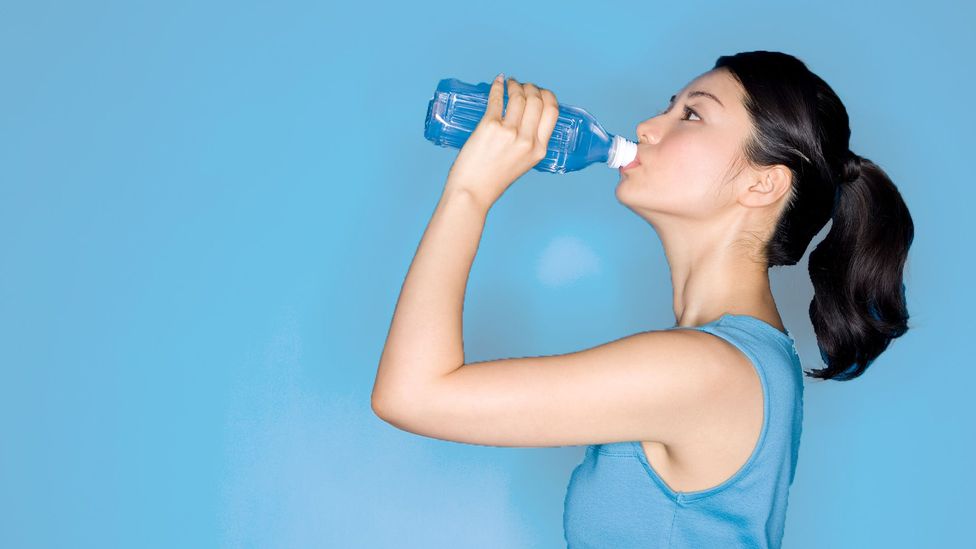Water is the essence of life, a fundamental necessity that fuels our bodies and keeps us thriving. But how much water should you actually be drinking every day? The answer is not one-size-fits-all, as it depends on various factors like your age, activity level, climate, and overall health. In this article, we’ll delve into the science of hydration and provide practical insights to help you determine your optimal daily water intake.
Table of Contents
- Introduction
- Factors Influencing Daily Water Needs
- Age and Gender
- Physical Activity
- Climate and Environment
- Health Conditions
- Common Guidelines for Daily Water Intake
- The 8×8 Rule
- Tailoring Hydration to Your Lifestyle
- Listening to Your Body’s Signals
- Thirst: Your Body’s Natural Indicator
- Urine Color and Frequency
- Hydration Beyond Water
- Water-Rich Foods and Beverages
- The Importance of Proper Hydration
- Physical Performance
- Cognitive Function and Mood
- Digestive Health
- Staying Hydrated: Practical Tips
- Carry a Reusable Water Bottle
- Set Reminders
- Incorporate Hydration into Your Routine
- Conclusion
1. Introduction
Water is the elixir of life, sustaining our bodies and enabling essential functions. In this article, we’ll explore how much water you should be drinking daily to support your well-being and overall health.
2. Factors Influencing Daily Water Needs
Age and Gender: Different life stages and genders have varying hydration requirements. Children, teenagers, adults, and seniors may need different amounts of water.
Physical Activity: Sweating during exercise leads to fluid loss. Active individuals and athletes need more water to stay adequately hydrated.
Climate and Environment: Hot and humid climates increase water loss through sweat, demanding higher water intake.
Health Conditions: Certain conditions like diabetes or kidney problems can affect how your body retains and eliminates water.
3. Common Guidelines for Daily Water Intake
The 8×8 Rule: A classic guideline suggests drinking eight 8-ounce glasses of water daily, totaling around 2 liters. This rule provides a general benchmark for staying hydrated.
Tailoring Hydration to Your Lifestyle: Athletes, pregnant women, and individuals in hot climates may need more water to accommodate their specific needs.
4. Listening to Your Body’s Signals
Thirst: Your Body’s Natural Indicator: Thirst is your body’s way of telling you it needs water. Listen to your body and drink when you’re thirsty.
Urine Color and Frequency: Pale yellow urine indicates proper hydration, while darker urine may signal the need for more fluids. Frequent urination is a positive sign of hydration.
5. Hydration Beyond Water
Water-Rich Foods and Beverages: Foods like fruits, vegetables, and herbal teas contribute to your daily hydration. These options offer both water and essential nutrients.
6. The Importance of Proper Hydration
Physical Performance: Staying hydrated helps maintain endurance, strength, and optimal performance during physical activities.
Cognitive Function and Mood: Dehydration can lead to difficulties in focusing, mood swings, and decreased cognitive function.
Digestive Health: Sufficient water intake supports digestion, preventing constipation and promoting overall gastrointestinal health.
7. Staying Hydrated: Practical Tips
Carry a Reusable Water Bottle: Keeping a water bottle with you serves as a reminder to drink water throughout the day.
Set Reminders: Use alarms or apps to prompt you to take water breaks, especially if your routine keeps you busy.
Incorporate Hydration into Your Routine: Drink water with meals, during workouts, and whenever you feel thirsty.
8. Conclusion
Staying properly hydrated is crucial for your body’s functioning and overall well-being. The amount of water you need depends on factors like age, activity level, and climate. By paying attention to your body’s signals, incorporating water-rich foods, and following practical tips for staying hydrated, you can support your health and vitality. Remember, proper hydration is a personal journey, and tuning into your body’s needs is the key to maintaining a well-hydrated and thriving self.








